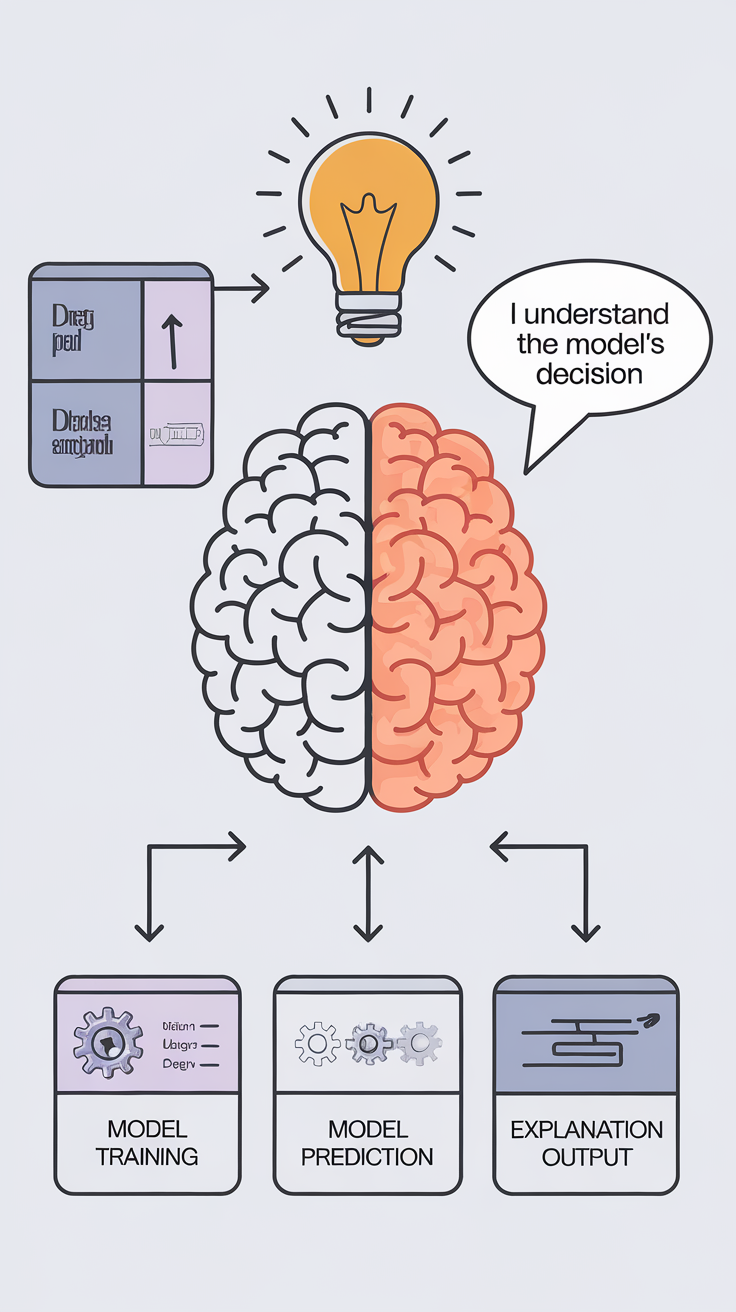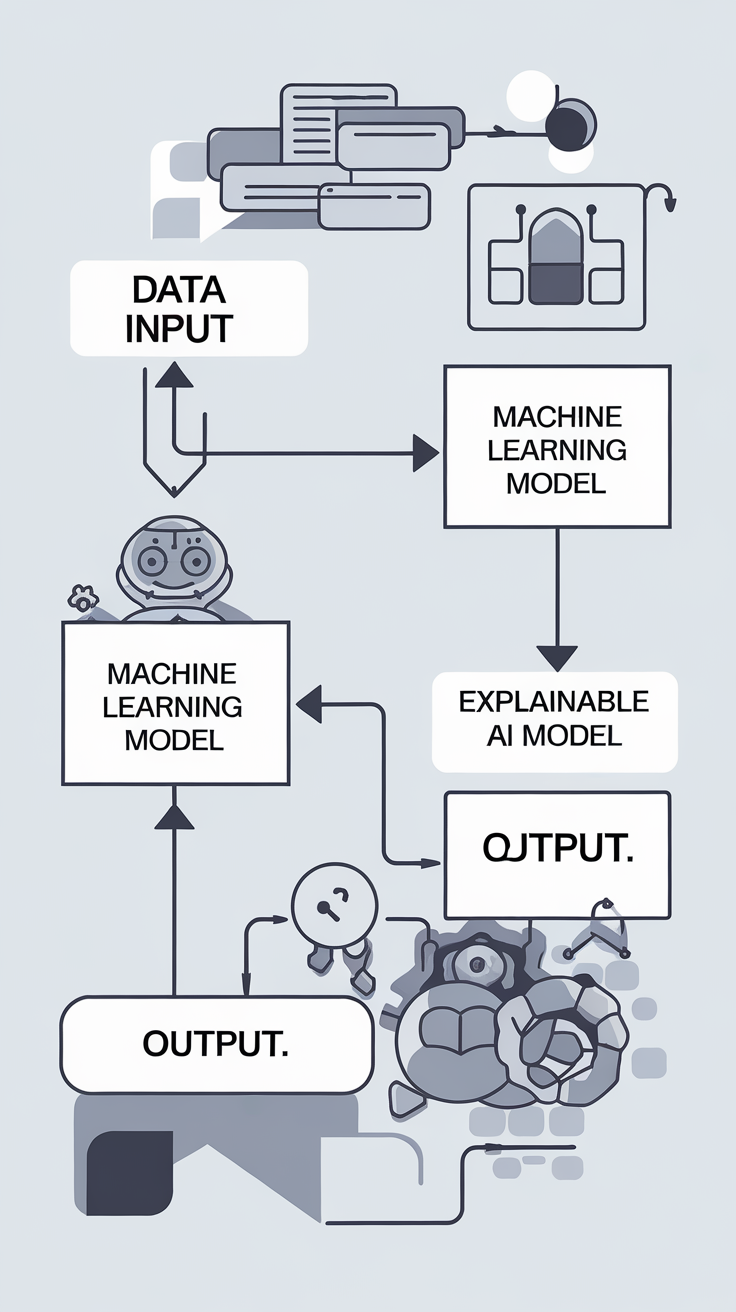The Impact of Mindful Eating on Weight Loss
Last Updated: June 29, 2025 at 10:26:56 AM UTC
Mindful eating is a powerful tool for weight loss, but its effects go beyond just calorie counting. Learn how this simple yet profound approach can transform your relationship with food and your body.

In the quest for weight loss, many of us focus on the wrong end of the equation: the food we eat, the calories we burn, and the numbers on the scale. While these factors are important, they only scratch the surface of a more complex issue: our relationship with food and our bodies. Enter mindful eating, a simple yet profound approach that can revolutionize your weight loss journey.
What Is Mindful Eating?
Mindful eating is the practice of paying attention to your physical and emotional sensations while eating. It's about savoring each bite, noticing the flavors, textures, and aromas, and honoring your hunger and fullness cues. This approach is not about depriving yourself of your favorite foods or counting calories; it's about cultivating a healthier, more intuitive relationship with food.
The Science Behind Mindful Eating
Studies have shown that mindful eating can lead to:
- Reduced calorie intake: When you eat mindfully, you're more likely to stop when you're satisfied, rather than stuffed.
- Improved nutrient intake: Mindful eating encourages you to focus on whole, nutrient-dense foods, rather than relying on processed or high-calorie snacks.
- Increased satiety: Paying attention to your body's hunger and fullness cues can lead to feeling more satisfied and reducing the likelihood of overeating.
- Better emotional regulation: Mindful eating can help you develop a healthier relationship with food and your emotions, reducing the likelihood of emotional eating.
How to Practice Mindful Eating
Incorporating mindful eating into your daily routine is easier than you think. Here are some simple tips to get you started:
- Eat slowly: Savor each bite and take your time.
- Notice your senses: Pay attention to the flavors, textures, and aromas of your food.
- Honor your hunger and fullness cues: Stop when you're satisfied, rather than stuffed.
- Avoid distractions: Turn off the TV, put away your phone, and focus on your meal.
- Practice gratitude: Express gratitude for the food you're eating and the opportunity to nourish your body.
Conclusion/Key Takeaways
Mindful eating is a powerful tool for weight loss, but its effects go beyond just calorie counting. By cultivating a healthier, more intuitive relationship with food, you can transform your body and your life. Remember, mindful eating is not about deprivation or restriction; it's about honoring your body and nurturing your well-being.











